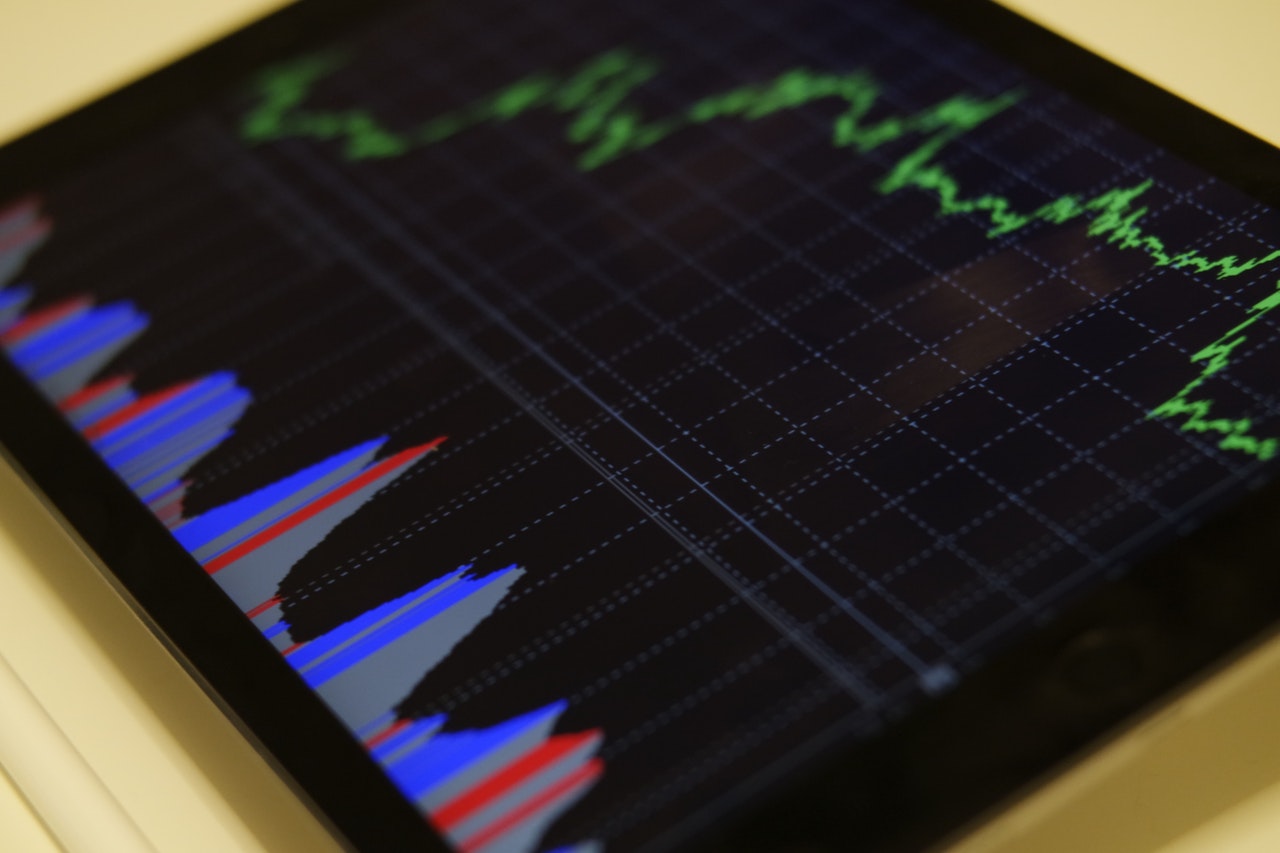Coronavirus caused huge swings in the stock market throughout 2020, and we saw significant price movements in assets like bonds, property, gold and oil. In spite of these periods of volatility, people weren’t put off engaging with the markets. Plenty actually started trading for the first time during the global lockdowns due to boredom and extra time, as well as the allure of low-cost, accessible trading apps.
The situation is looking very different now that societies are beginning to reopen and successful vaccine programmes are being implemented around the world. As positive as the outlook appears, that doesn’t mean it’s the perfect time for you to make bold moves when it comes to trading. The pandemic isn’t over and things are far from certain. Here are three tips to help ensure you are trading sensibly as the situation continues to develop.
Review your trading plan
To be a successful trader, you need to have a trading plan. This is how you stay focused and disciplined rather than placing trades fuelled by emotion, potentially resulting in serious losses. Objectivity is key if you hope to see consistent returns. As Trade Nation explains in its guide to trading as a beginner, you should use your strategy to “set your risk level, goals, and entry and exit rules” and “stick to them no matter what your heart is telling you”. However, your trading plan is not set in stone: “Remember you can reevaluate this later on if your trading style changes or there are shifts in market conditions.” And with ongoing pandemic certainty, this is a great time to review it.
Think about whether your goals and overall approach have shifted. Perhaps the financial upheaval caused by Covid-19 means you want to be a bit more cautious, or maybe you spent the lockdowns educating yourself and are prepared to take a bit more risk now you’ve gained knowledge and confidence. Maybe the markets you were focusing on then aren’t worth prioritising now. Whatever tweaks you make, remember to manage the risk and never trade money you can’t afford to lose.
As well as reviewing your plan, it’s also a good idea to reevaluate your trading platform. Is it fully meeting your needs, or is there a competitor offering more for your money? Shop around and see what else is out there, but make sure you conduct thorough research and know what you’re getting into before switching to another platform.
Prepare for volatility
We’ve seen unbelievable market volatility during the pandemic and, while vaccine programmes are helping to bring some semblance of normality, turbulent times may be ahead. Just recently we saw global stock markets fall over fears that US inflation is set to rise, while some believe we may even be on the brink of a stock market crash. While this doesn’t mean you should stop trading altogether, it is important to keep these volatile conditions in mind.
Market volatility is common when you trade shares and other assets, and as much as you do your research and try to stay ahead of the curve, sometimes you just can’t predict how and when markets will react to certain events. That can be daunting, but volatility is normal so you have to be prepared to take the rough with the smooth. Generally, it’s recommended to hold on to any longer-term investments and ride out the waves rather than abruptly cashing out and losing money as a result. The pandemic means things are quickly changing all the time and nobody knows for sure what the economic implications will be.
That said, if you prefer placing shorter-term trades, you may want to err on the side of caution by limiting your activity in notoriously volatile markets. Forex, for example, commonly experiences huge, sudden price swings, whereas something like a stock index should be less volatile due to the sheer volume of stocks encompassed. It’s also a good idea to protect yourself by using providers offering low, fixed spreads, ensuring your trading costs won’t change due to market volatility.
Try to diversify
Diversification is crucial for risk management, especially at times like this when economic changes can happen suddenly. If one company or industry is performing badly, you won’t lose so much of your investment if your money is spread across a broader range of assets that can cushion the blow. You could also diversify your asset classes too. Rather than sticking exclusively to stocks and shares, you could consider things like government bonds or gold — both of which tend to perform better during times of investor anxiety.
However much you commit to trading every month, divide your investment between a few different options rather than putting all your eggs in one basket. Again, you may wish to consider a stock index composed of lots of different stocks, like the S&P 500 which is made up of the top 500 US companies. But whatever you do, make sure you conduct thorough research and don’t take a punt on anything you don’t really understand.
It’s also important to note that while diversification can limit risk, it won’t necessarily eliminate it. As Investopedia explains: “Most investment professionals agree that, although it does not guarantee against loss, diversification is the most important component of reaching long-range financial goals while minimising risk.” The benefits are clear, but be aware that things may not go your way and, once again, never trade any money you can’t afford to lose.



 Bitcoin
Bitcoin  Ethereum
Ethereum  XRP
XRP  Tether
Tether  Solana
Solana  USDC
USDC  TRON
TRON  Lido Staked Ether
Lido Staked Ether  Cardano
Cardano  Avalanche
Avalanche  Toncoin
Toncoin